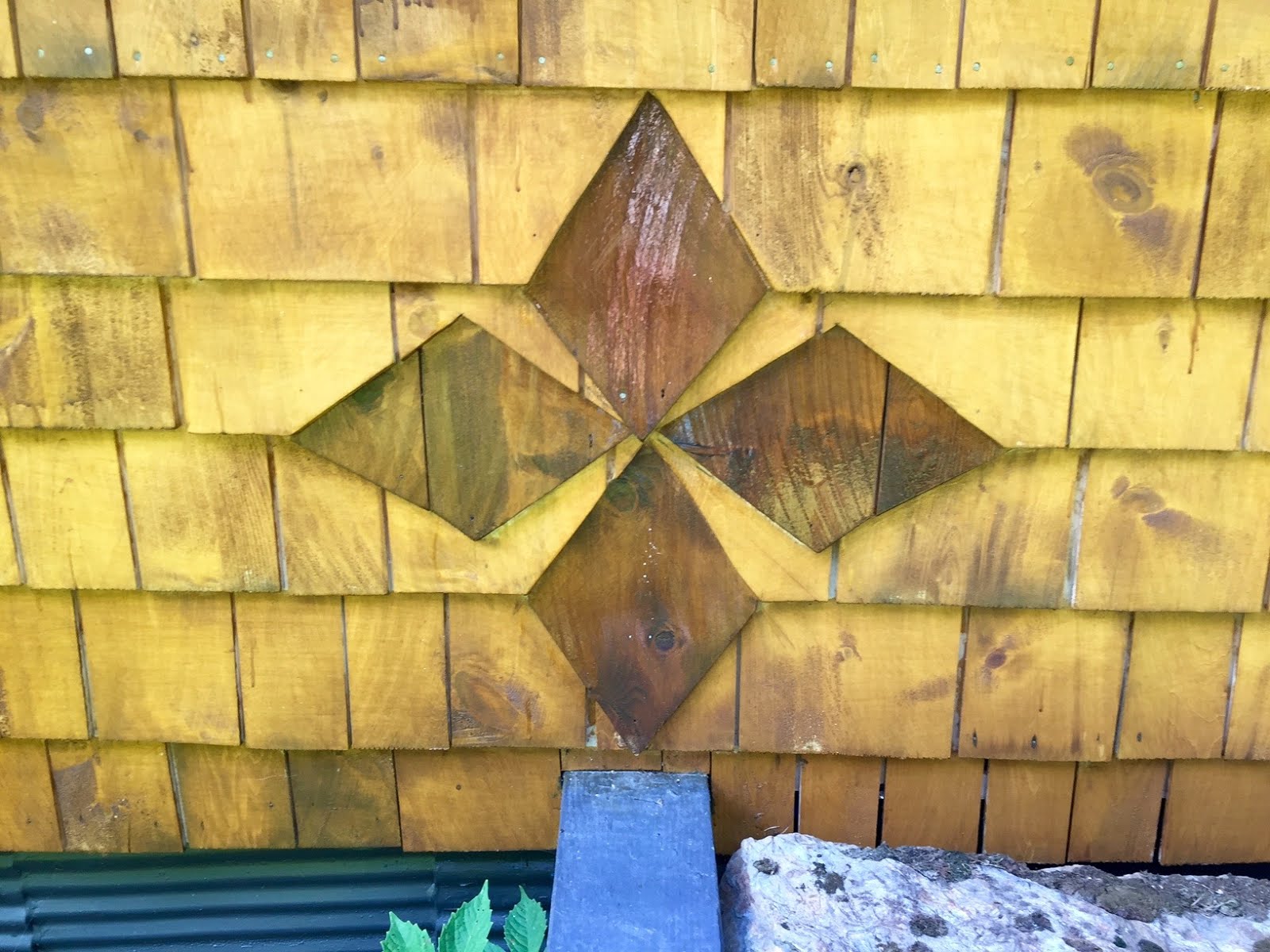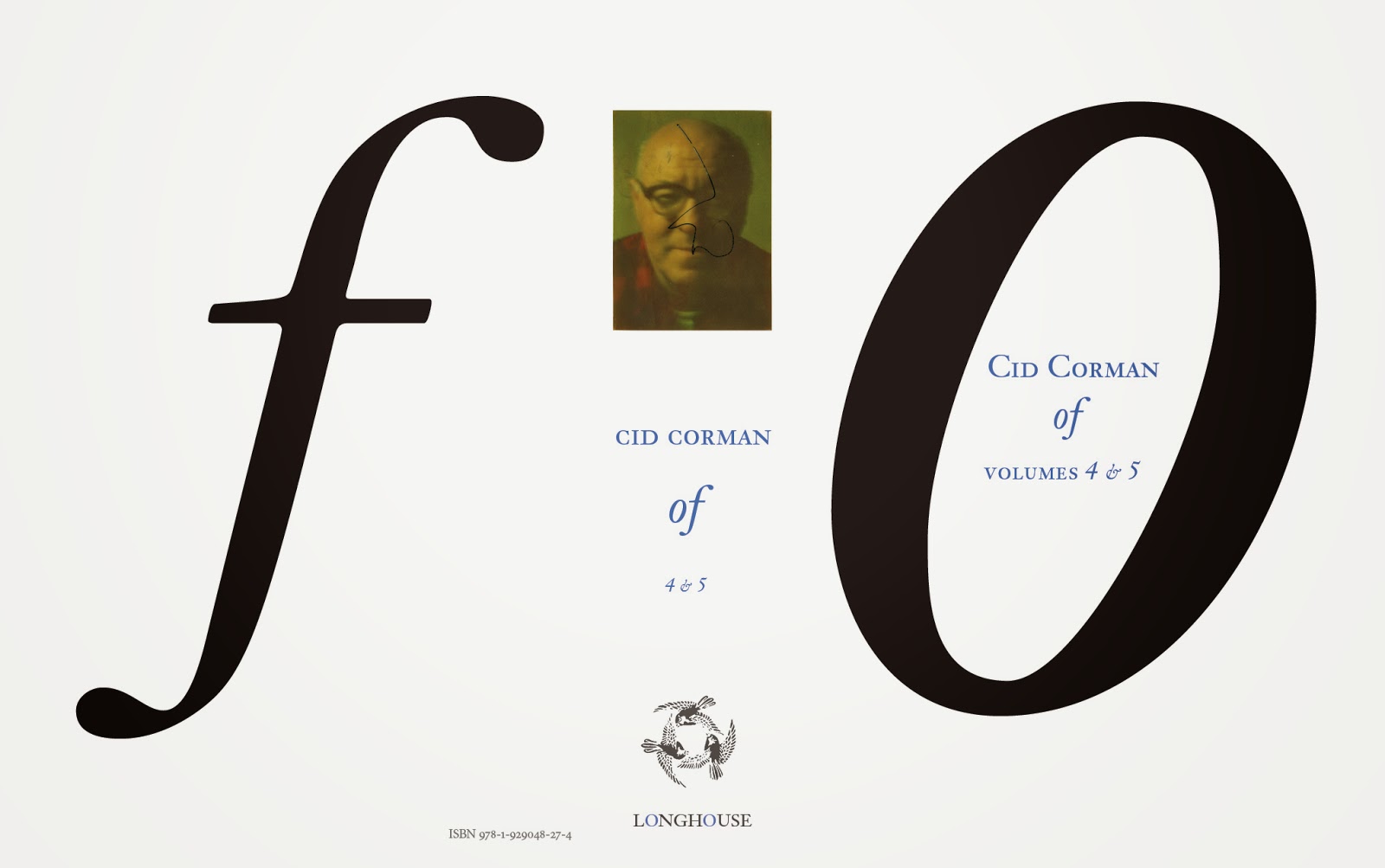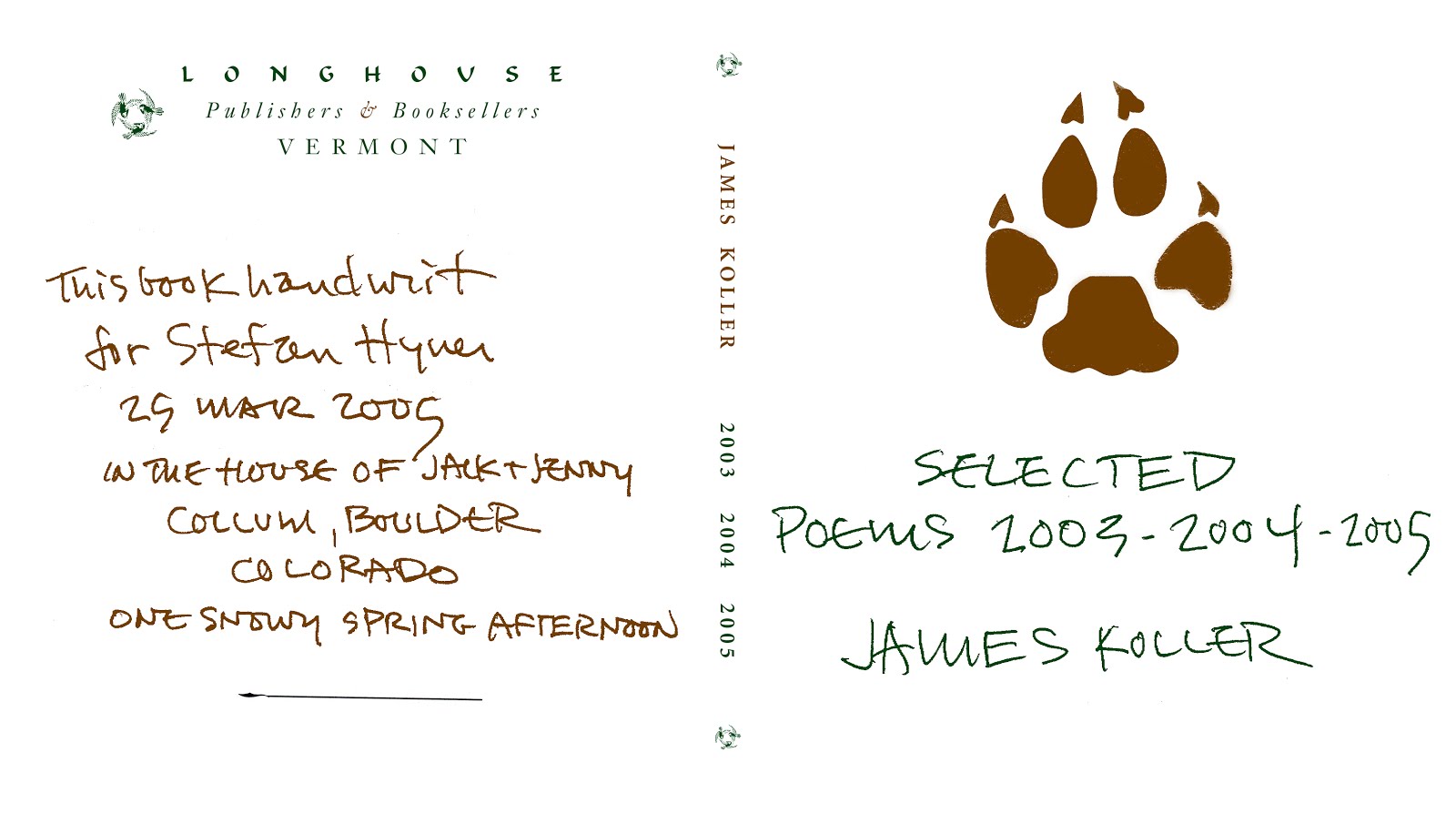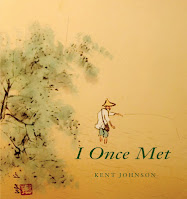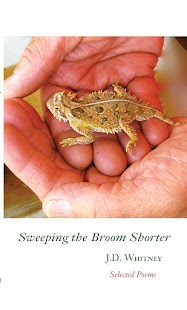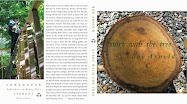EARTH ~
There's too much of a day
She thought.
I must find the last light,
she thought.
My kitchen needs cleaning,
she thought.
I'm old. No, I'm not,
she thought.
My house needs dusting,
she thought.
My face needs washing,
she thought.
My hair needs combing,
she thought.
My dreams need a dream,
she thought.
Suddenly, it was tomorrow
and dark,
and the man she lived with
would be home
out of the dark, out of tomorrow.
He would come to her careful waiting,
stretch his arms to the last of her lives,
and make truth of the lie.
How many times would he die for her?
Sometimes she liked to sit and count.
Because he died only for himself,
because she was himself,
and his deaths counted her in.
Inward.
She thought of Garrah,
and she wept.
I'm not an old woman.
Got corns on my toes, a few bunions,
but sweet young women have that. My
life gets across to me, even if it don't
to nobody else. Even if my legs are
wiggly and my arms don't hold things
tight no more. He likes me that way, he
says. But when was the last time I
heard him speak? I mean without a
warning in his voice, without me
listening with a humming in my head.
Without my life hollering and screaming
down my belly even as I give him
my softest smiles and purest pain. Oh,
how it gets across to me: that kind
of love that wants redemption in a man's
body, or even in his words and say,
"come here" and "don't go" and
"don't leave me" and "you'll stay"
and "here, a gift", and gentle gestures
of satin and perfume, that sweeten you
up for a night on the town.
He's the fourth one for that.
I'm just learning to count
with my eyes.
Pale the Prince!
Garrah is prowling
through her dreams again.
I met a man yesterday, Garrah says.
He called your name.
They always call my name, she says.
But this man was a stranger, Garrah smiles.
They are all strange, she whispers,
out of the dark.
No. He came with life, and gave me
an onion to eat because I am
out of the dead.
You are strange, Garrah. Stop singing
like that. You talk in songs that
I can't remember, she says.
Here. For you, Garrah sings.
Take the onion and eat. Soon he will
meet you at the well.
Phelia awoke. No one was beside her.
No strong suggestion of his presence
pressed upon the sheets.
He hadn't come home yet.
A bad dream, she thought.
This one will take centuries.
Strange.
She was always rather strange.
She knew it and loved it.
Sometimes she thought people coveted her strange-
ness,
her manners, her opinions, her laughter,
even her afterthoughts.
People wearied her.
I'm dying, She'd think.
Do they want that, too?
They can have it !
I'll just take myself to Suppie's
He serves good molasses cake.
(He should, I gave him the recipe ! )
Sit there for awhile, make my peace with Him.
They sit on the stoop and talk.
There are so many things
I want to tell you, Garrah.
the way things go, the walk
of every little memory
going down the street before me,
you know, like the backs
of people steadying themselves
before their feet catch in cracks
of concrete when the wind blows
against them. You, Garrah, so tall
and high above.
My memories are all I have.
Garrah listens.
Stop dreaming about me dead,
Orphelia, I ain't dead.
Go about your business.
like the woman you are, don't be led
by no dreams, no nightmare either.
I'm here, beside you. I'm Garrah,
your sister, late and never.
You're escaping. You don't know
the rules or maybe you've never tried them.
Be good to yourself, ever good.
Nobody's going to do it for you.
Take my hand, now.
Hold onto it.
Phelia hesitates.
Beans jumps in his sleep.
Garrah gets up,
leaves the stoop,
opens the screen-door,
vanishes.
Phelia sits with the palm of one hand open,
her empty grasp lingers in the autumn breeze,
disembodied, breathing.
She remembers her mother's stories about Jo,
her ancestor, a slave woman, who refused to leave
the plantation and follow her husband
in his escape from that life, but kept close
to what she knew, what she had earned, while blessing
his departing footsteps, Jo survived ninety-three years,
died a goat-looking woman, kept the hell of her life
in her apron pocket and dared it to burn or touch her
flesh.
And she never saw her husband again,
and she never kept the lamp burning,
and she never forgot how she loved him,
and she never raised her children
to remember anything but a good father,
for that she was to the day he left.
How Phelia smiles as she indulges
the strange memory, and the smile
is not exact ; it does not ask much
of her. It merely pauses, casts a silken shadow
passes.
She prays to Jo: you had the best,
that kind of abandonment,
it left you whole. Mine is different.
He never left. His abandonment is to stay,
and sometime tonight, he'll come home,
to this house,
our only kinship,
and select something else to take to the pawnbroker
to keep us going. Oh, if only we both could leave
the plantation and really keep going!
But why should I worry?
He ain't mine anyhow,
just somehow I borrowed.
He never wifed me.
In this she abandons her prayer,
in this she finds abandonment safe,
in this Jo's blood quickens in her memory,
bites a little, causing a shivering,
a need to go for a walk
outside the impatient, brooding house, away from her
summoned ancestor who, she knows,
no longer listens,
but waits by the well.
DOLORES KENDRICK
Why the Woman Is Singing
On the Corner
(a verse narrative)
Peter E. Randall, Publisher
2001
Friday, March 23, 2012
Subscribe to:
Posts (Atom)






